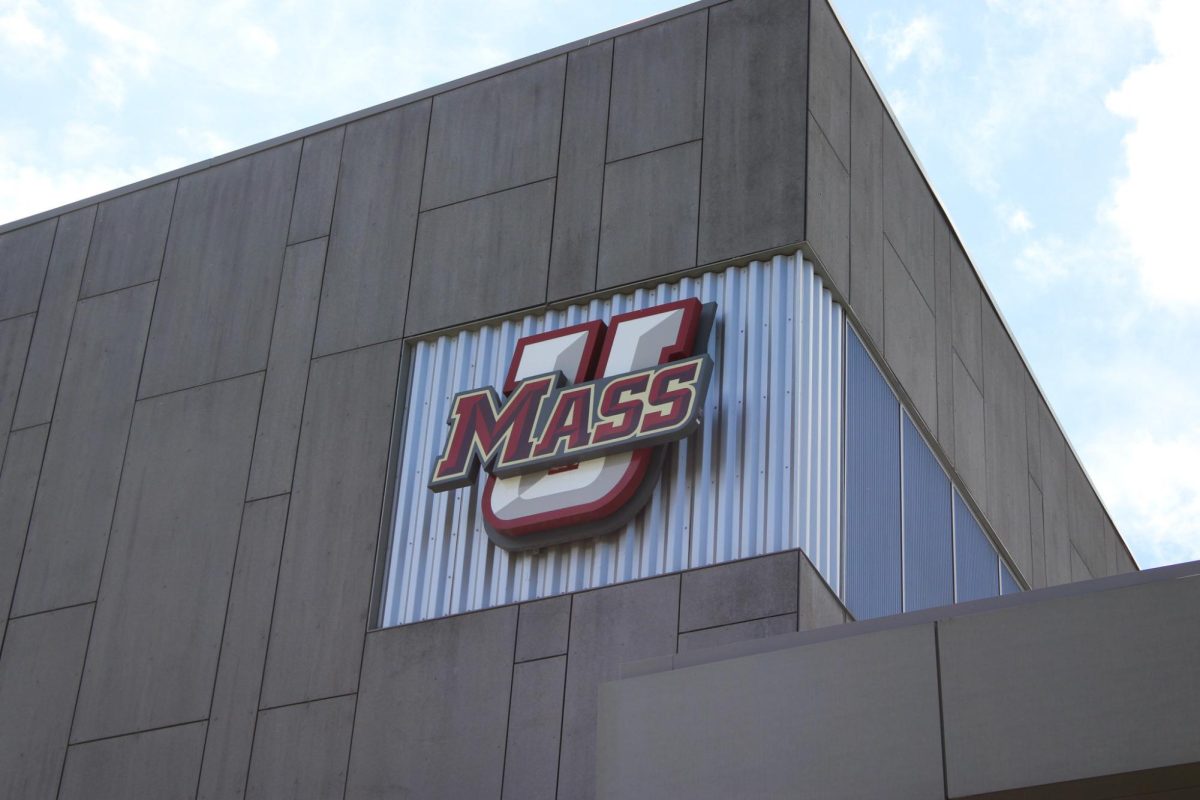Since freshmen year, my father has constantly reminded me to soak up my time on campus before it’s over. As a former student at the University of Massachusetts, Amherst, he hates to hear that I often spend my weekends catching up on work rather than exploring or just goofing off; he wants me to enjoy my time at college as much as he did. And despite my catch-up weekends, I continue to involve myself as much as I can in the campus community. His recommendation holds; embracing the variety of events, activities and people UMass has to offer has given me a sense of peace and happiness I can’t find in my hometown. As I approach graduation, I have finally realized why this is: colleges like UMass provide a rare taste of community that America lacks.
My hometown, Tewksbury, feels isolating despite being a suburban town. There are little to no sidewalks, the streets are narrow and the more walkable areas are still dangerous due to frequent car accidents. Where I live in town, this lack of walkability makes it nearly impossible to get to any of my friends or to the town center. Even when I can make it into town, there aren’t many decent places to socialize that don’t require spending money. I don’t know where to find any aspects of community in my hometown, and I often wonder if they would be welcoming to me in the first place.
This lack of community is not an uncommon feeling among American citizens today. Americans are more detached from the communities they belong to than ever before. A recent study introduced the Belong Barometer, measuring feelings of psychological safety, co-creation and other factors that contribute to an individual’s general sense of acceptance within society. Research found that 74 percent of Americans did not feel they belonged within their local community.
This is largely due to the fact that the U.S. lacks walkable communities. Even the most walkable cities in the U.S. still fall short on an international scale, because they are still car-centric, resulting in pedestrian deaths and convoluted layouts. When cities are truly walkable, they prioritize properly maintained walkways, connections to public modes of transportation and have a healthy mix of neighborhoods, businesses and other kinds of spaces. More importantly, trips to these places take only 10–15 minutes. This layout doesn’t just create more sustainable and accessible communities, but ones that are happier due to more opportunities for connectivity.
Third spaces are also important part of this equation, yet they are disappearing within U.S. towns and cities. Third places are spaces separate from the home or workplace that provide people with opportunities to connect with their community. They are usually free to the public, or at the very least, affordable. Since these features make them accessible for a wider audience, these spaces also help foster a sense of community and a general feeling of belonging. And, when an area lacks these spaces, the locals’ physical and mental health declines.
This is what’s unique about UMass: its campus is walkable, possesses third spaces and is constantly presenting opportunities to connect with others. For the most part, the campus can be navigated with ease and is also connected to various parts of Amherst through sidewalks and public transport that’s free for students. Food and study spaces are within a 10–15-minute walk—though most times it’s shorter—and follow of path with plenty of beautiful outdoor spaces.
Moreover, the campus is bursting with opportunities to socialize. There are hundreds of clubs on campus with focuses ranging from athletic to academic to cultural, not to mention the clubs that aren’t officially registered. Each resident hall hosts numerous events to get to know fellow residents, and sometimes there are opportunities that allow you to take classes with those in your residence halls. If students choose not to participate in any of these activities, they can still find community within the classes they attend and at jobs within the area, where many other students work. No matter what, people can find a sense of belonging somewhere on campus, even if it comes in the form of obligatory attendance.
UMass doesn’t have a perfect community. There are numerous accessibility issues on campus that make it hard for people with disabilities to navigate to classes and within their own residence halls. The campus continues to struggle with racism, from instances like anonymous emails targeting black students to a federal investigation of the campus’s growing hostility towards Palestinian and Arab students. Our chancellor can’t protect, not to mention listen, to his own students.
However, it is even more inspiring to see the community that emerges to protect the individuals who face this discrimination. Whether it’s through protesting, demanding change or elevating the voices of others, students attempt to find ways to make the community safer and more accepting in any way they can.
I am growing more and more sad as I realize that my time with this wonderful community will soon be over. The country is trending more towards atomization within towns, rather than community. My advice to readers is to soak up UMass while you’re here. If you can, try to bring this sense of community to the places you call home; whether it’s through advocating for structural change to your town through local government, or just creating some kind of social group for people in your area. There aren’t many places with community like UMass, and it’s important that we aim to create more places like it.
Hailey Furilla can be reached at [email protected].




















